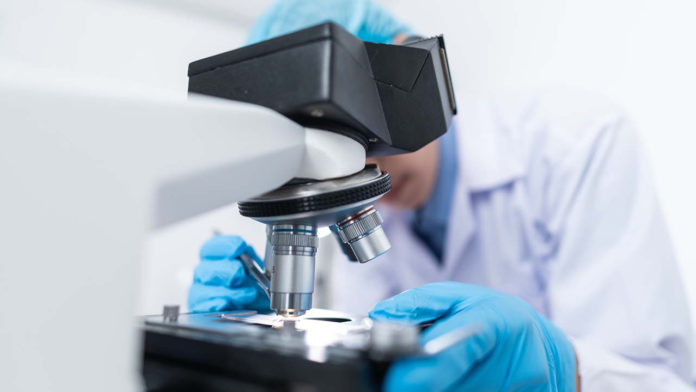
Just like any other business, the sourcing of biospecimens for medical research involves profit. Biospecimens are often obtained through a broker, an intermediary between a hospital biobank (where the sample was originally collected and preserved) and a client in industry. As brokers charge a fee for this service, inevitably, brokers are concerned about there being unconditional communication between a researcher and a hospital biobank – brokers do not want to be cut out of the process and lose their fee. However, the concealment of sample sources means the end-user may lack biospecimen provenance information.
This important provenance information includes: (a) information about the donor and their medical history, (b) sample processing history; (c) the geographic origin of the sample which provides information about environment and ethnicity, and (d) previous custodians, which may include one or more brokers.
To be sure of this information, it is best for the scientist to be in contact with the source biobank. If additional information is required subsequently, like for example the response to treatment or survival time, then it will be necessary to recontact the source biobank. All of this is made much more difficult if a broker refuses to reveal the source of the samples.
Knowing the geographic origin of a sample is essential because this may provide information about environmental, socio-economic and genetic factors that will help make sense of research findings. This is particularly important because the international sourcing of samples for industry is highly prevalent. In a recent survey by Medicines Discovery Catapult found that diagnostics SMEs in the UK obtained 75% of their samples from other countries. Part of the reason is that in the UK and other countries in Western Europe, there is a high level of concern about the ethics of trade in human tissue, so brokers find it much easier to source samples in other parts of the world, like eastern Europe, Asia and the USA. It is important to note that some countries like China, India and Russia have legal restrictions on the export of samples, so another reason to be sure of geographic origin is to avoid the use of illegally sourced samples.
The international sourcing of clinical samples may involve a number of commercial entities operating in different countries, which adds additional degrees of separation between the source and the end-user. It is important for end-users to be aware of this and the possible effect on the reliability of information provided about patient consent and sample provenance.
Information about sample provenance is clearly vital for a range of scientific, ethical and legal reasons, so what can be done to make sure that when industry obtains samples, they always come with reliable provenance information?
One option is for brokers to allow direct communication between the hospital source of samples and the end-user, but to require both parties to sign a contractual agreement to the effect that they will not circumvent the broker. Such contracts are indeed being used effectively by several commercial brokers. However, the fact they place restrictions on the freedom of companies and biobanks to form partnerships is not always acceptable to one or other of the potential partners.
Another possibility is for companies to build their own networks of biobanks to supply them with the samples they require. This may be feasible in the long term, but in the short term it is often very difficult to find suitable hospital biobanks with the necessary samples in stock. There are publicly available biobank directories that companies can consult, but these are generally designed with academic researchers in mind and may not indicate whether the biobanks are willing or indeed motivated to work with industry. So for start-up companies and those with urgent sample needs, there is generally little alternative but to obtain samples through brokers.
Recently established not-for-profit company Biosample Hub provides a possible solution: an online platform dedicated to partnering industry with academic biobanks. The platform includes directories of biobanks, companies and requests as well as networking features to allow members to communicate. So far this has been well received by academic biobanks in western Europe, providing industry with a route to previously inaccessible sources of clinical samples.
In the years ahead, regulatory requirements for the approval of drugs and diagnostics will enforce the need for reliable sample provenance information—already the European IVDR regulations require this for makers of medical devices—and together with the introduction of new legal and regulatory requirements, there are promising technological developments that will help ensure reliable sample provenance information.
By Robert Hewitt, MB BS, PhD, Biosample Hub. Robert Hewitt, MB BS, PhD, is the founder of Biosample Hub, a new platform that connects Biotech companies looking for samples, with Biobanks that have ethically sourced samples available.

















